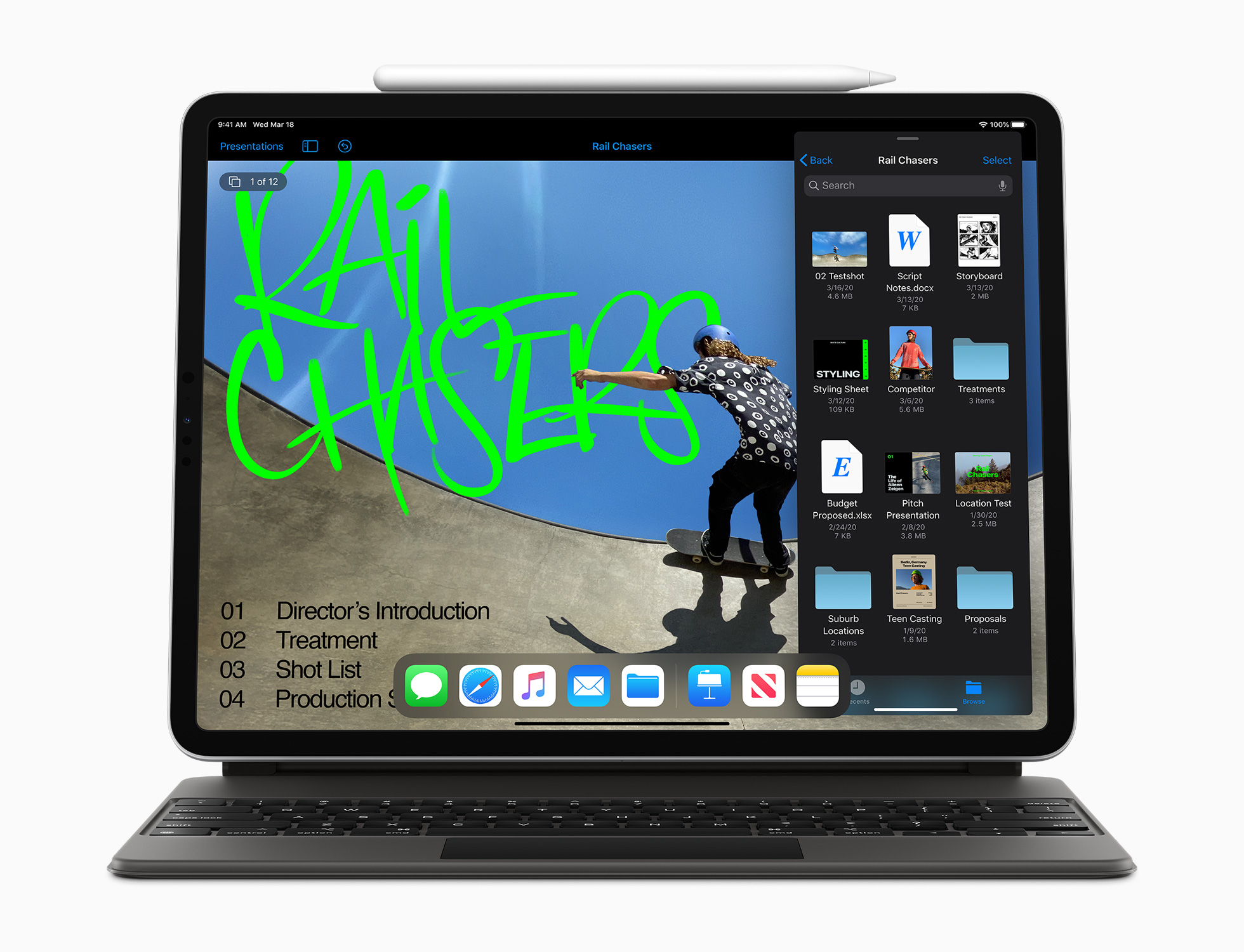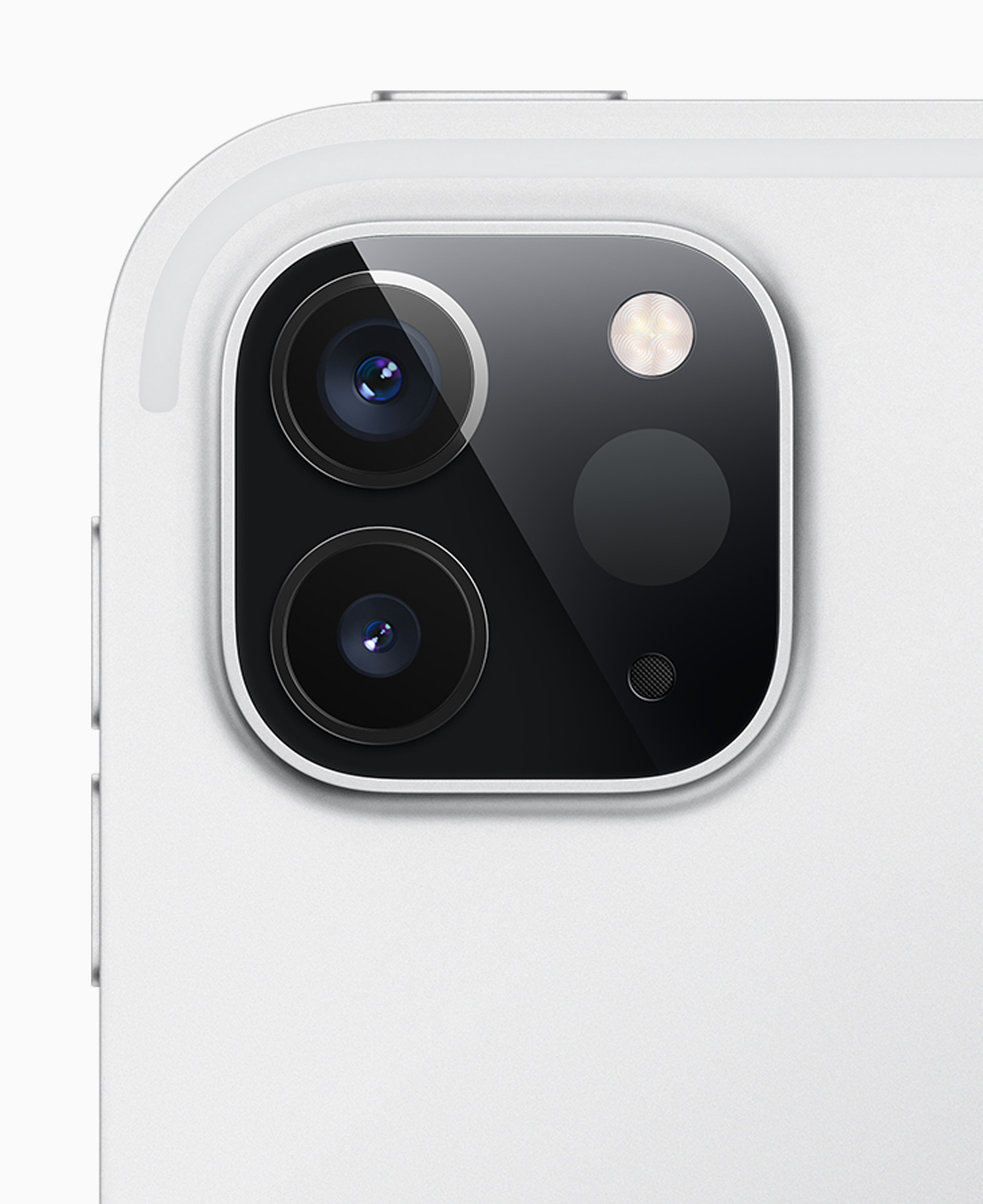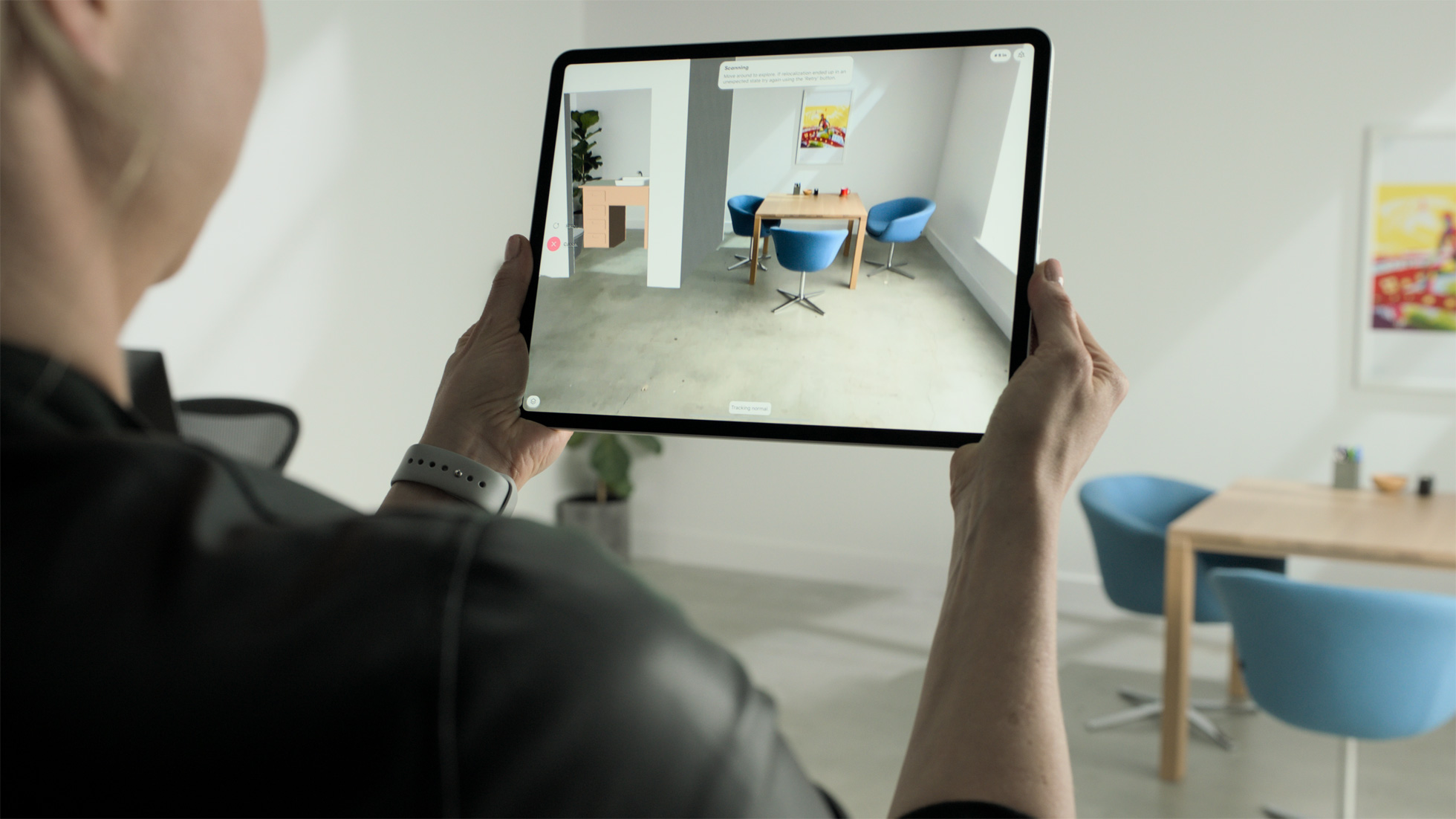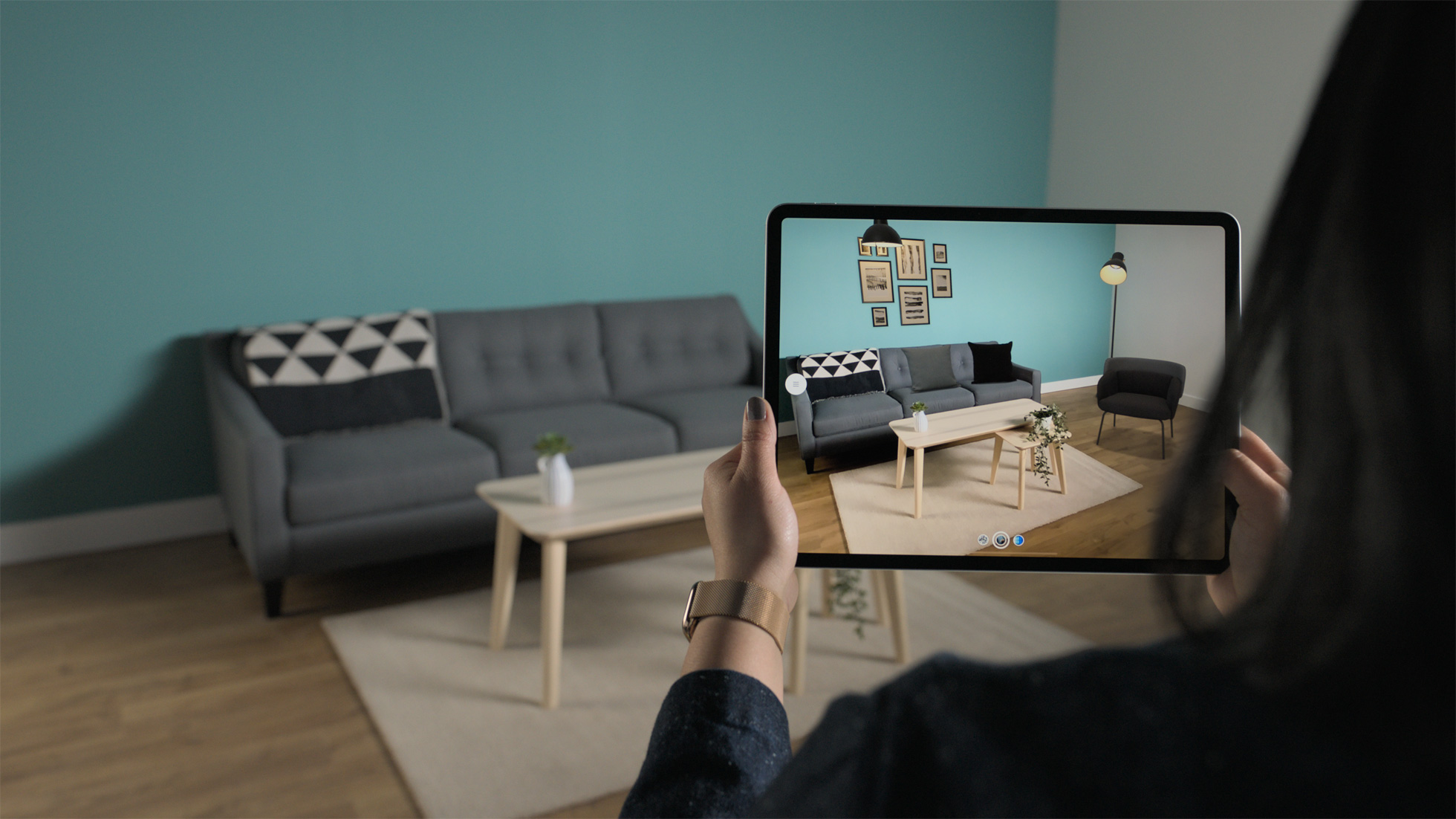In September, Apple introduced a completely new microchip in the new iPhones for the first time U1. The latter simply ensures that the device can "orientate in space" considering the position of other devices equipped with the U1 chip. This functionality is suitable both for augmented reality, then for using the long-awaited Apple Tags (or Air Tags). However, it has now become clear that the U1 chip will finally be included in the new iPads (which Apple introduced two weeks ago). didn't get.
It could be interest you
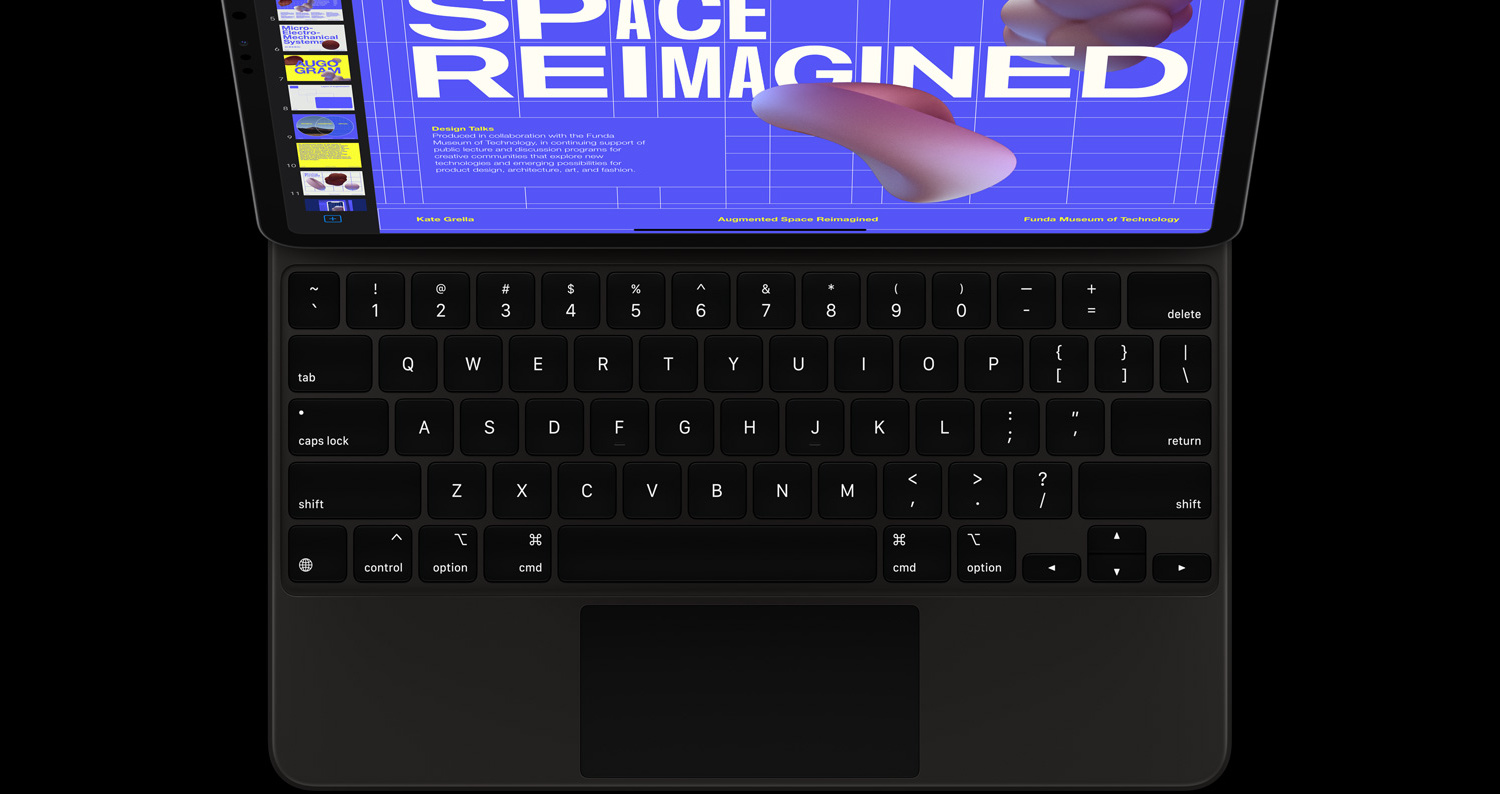
As the technicians from iFixit first pointed out, there is no U1 chip on the motherboard of the new iPads not even a mention. This seemed strange at first, as Apple is kind of expected to install this chip in the all of them of their mobile products. The confirmation came from insider John Gruber, who, according to his words, received confirmation directly from his source at Apple that the chip in the new iPads U1 is not. The U1 chip brings support for the so-called Ultra Wideband technology, which enables a device with this chip to map its own position in connection with other similarly equipped facilities in the vicinity. This chip should play a big role in both future evolution AirDrop and its directional functions, so in the case Apple Tag and augmented reality.
There may be several reasons why the U1 chip did not appear in the new iPads. Given the nature of this latest iPad update, it's possible that Apple didn't want to let it go major adjustments of the internal layout of components, which once again points to the fact that this year another generation of iPad Pros will actually be released we'll see. Another reason may also be that the new iPad Pro has a slightly modified processor originally from 2018, which may not be at all with the U1 chip compatible (in the new iPhones, the SoC is Apple A13). The presence of the chip requires specific hardware, especially specially adapted antennas and a motherboard.
New 2020 iPad Pro:
Although the U1 chip is not in the iPad Pro, Apple has implemented a different one safety function, which could please many paranoid the owner. The new iPad Pros have hardware switch, who can physically disconnect all installed microphones, if compatible cases/packs are used. The iPad should recognize when the lid of the case/cover is closed and then the physical disconnection contacts of the microphone, which will thus cease to be functional. As soon as the iPad is unpacked (or the case is opened), the microphones are reconnected. Since it is about hardware security feature, so it should be unassailable any potentially harmful software.
It could be interest you

This functionality most likely binds to magnetic a closing mechanism that keeps the cover/case closed and allows the iPad to detect, for example, the removal of the screen cover. There must be a physical one in the body of the iPad switch, which reacts to the magnet located in the housing. According to the official document published on Apple's website, it looks like they will have this feature all other iPads introduced in the future.


